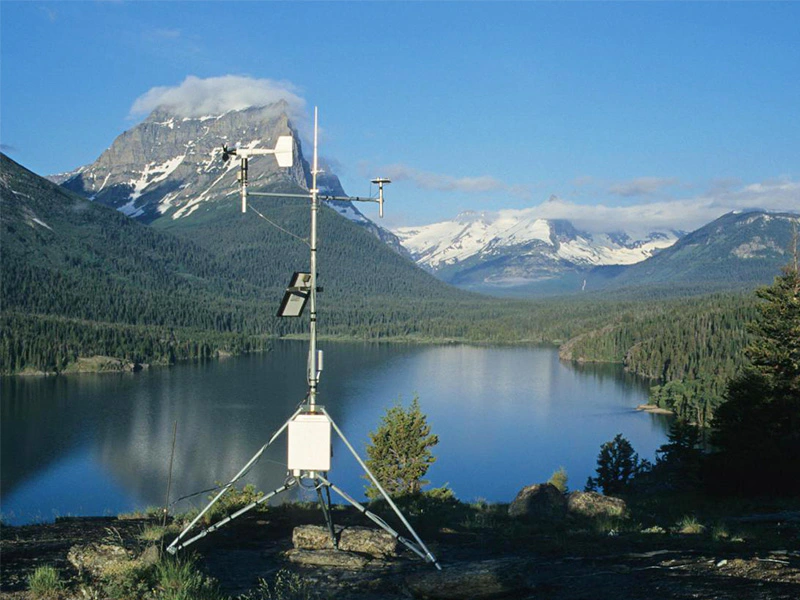
# What is a Weather Station?
A weather station is a facility equipped with instruments and sensors designed to measure various atmospheric conditions. These measurements help in monitoring and predicting weather patterns, which are essential for a wide range of applications, from agriculture to aviation.
## Components of a Weather Station
A typical weather station includes several key components:
– Thermometer: Measures air temperature.
– Hygrometer: Measures humidity levels.
– Barometer: Measures atmospheric pressure.
– Anemometer: Measures wind speed.
– Wind vane: Determines wind direction.
– Rain gauge: Measures precipitation.
## Types of Weather Stations
Weather stations can be categorized based on their location and functionality:
– Personal Weather Stations: Used by individuals for local weather monitoring.
– Professional Weather Stations: Used by meteorological organizations for accurate and comprehensive data collection.
– Automated Weather Stations: Operate without human intervention, often transmitting data remotely.
## Importance of Weather Stations
Weather stations play a crucial role in various fields:
– Agriculture: Helps farmers plan planting and harvesting based on weather forecasts.
– Aviation: Provides critical data for flight safety and route planning.
– Disaster Management: Aids in predicting and mitigating natural disasters like hurricanes and floods.
– Research: Supports climate studies and environmental monitoring.
## How Weather Stations Work
Weather stations collect data through their sensors, which is then processed and analyzed. Modern stations often transmit this data to central databases via wireless networks, enabling real-time monitoring and forecasting.
### Data Collection and Transmission
Sensors continuously record atmospheric conditions. The data is either stored locally or transmitted to weather networks for broader use. Advanced stations may use satellite links for remote areas.
### Data Analysis
Meteorologists use the collected data to create weather models and forecasts. This information is vital for daily weather reports and long-term climate studies.
## Conclusion
Weather stations are indispensable tools for understanding and predicting weather conditions. From personal use to large-scale meteorological operations, they provide the data needed to make informed decisions in various sectors. Whether you’re a farmer, pilot, or simply a weather enthusiast, a weather station can offer valuable insights into the ever-changing atmosphere.
Keyword: what is a weather station